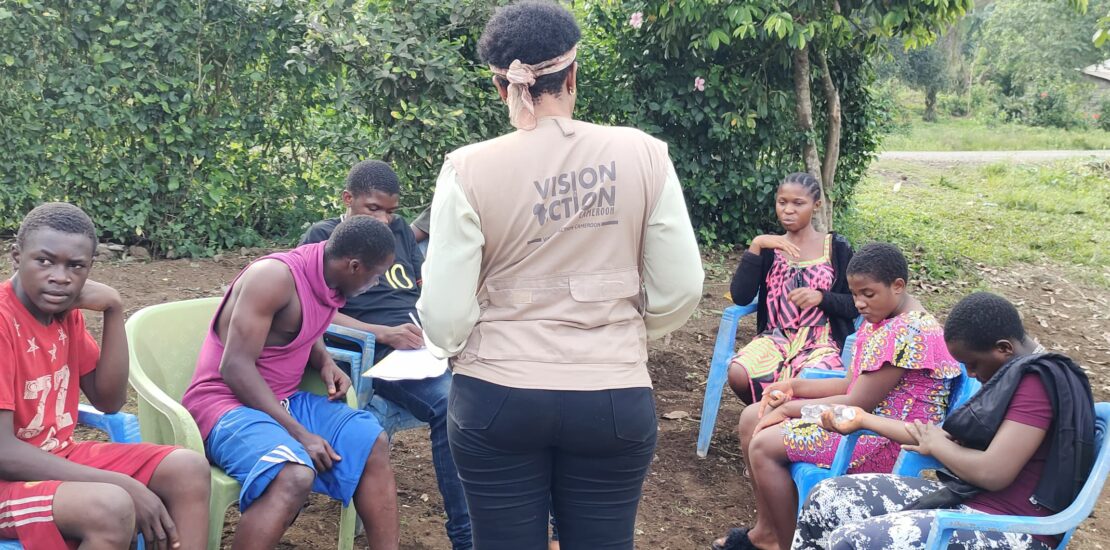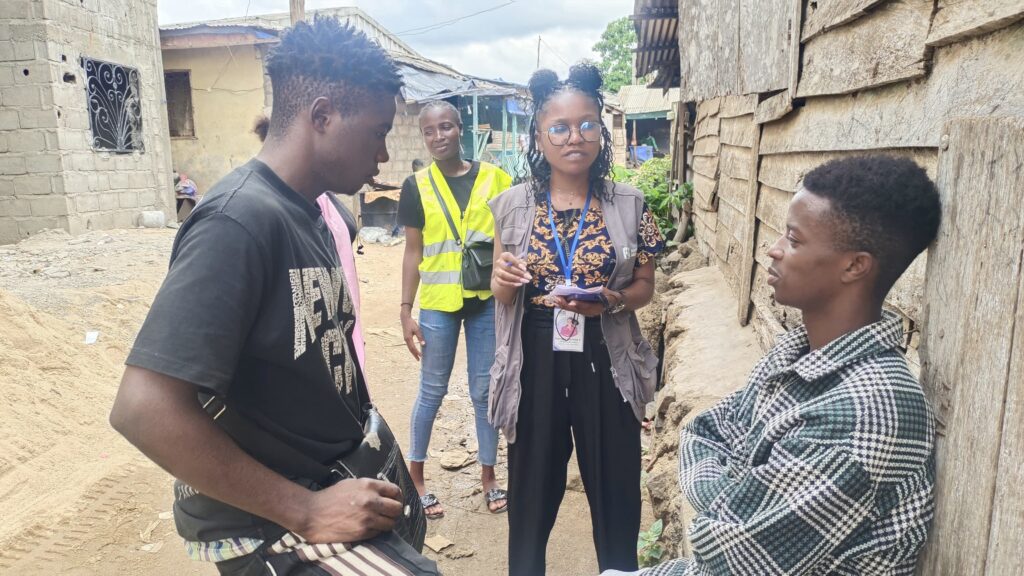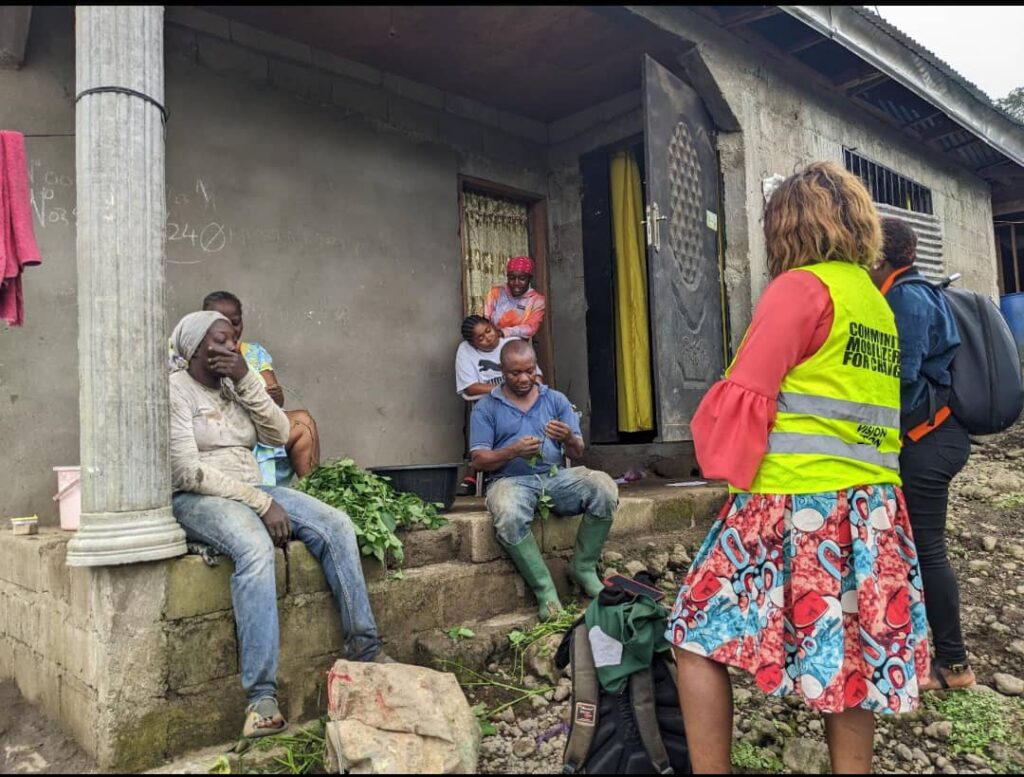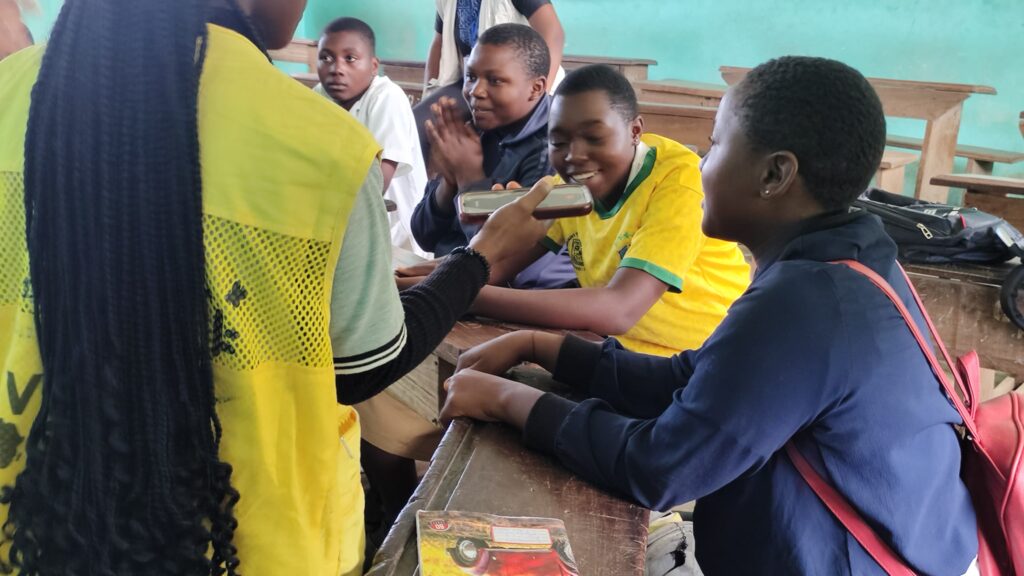- August 9, 2024
- Posted by: Viacame Communication
- Categories: Advocacy, community development, Research

Menstrual hygiene is a critical issue affecting the health and empowerment of women and girls globally, with 1.8 billion menstruating each month. Many lack adequate knowledge and facilities to manage menstruation healthily, especially in low- and middle-income countries (LMICs), where cultural, religious, and social constraints further complicate the issue IN Cameroon, especially in the South West Region, students experience significant challenges related to menstrual health management (MHM) due to shame, stigma, and limited access to information and materials. Despite the importance of menstrual health for the well-being and dignity of girls, there is a lack of research on adolescents’ knowledge, attitudes, and practices regarding MHM. Addressing this gap is crucial for improving access to accurate information and resources, reducing stigma, and ensuring better menstrual hygiene practices
Introduction
This study explores the knowledge, attitudes, and practices surrounding menstrual health management (MHM) within a specific community. The research highlights significant gaps in understanding of the menstrual cycle, varying levels of comfort in discussing menstruation, and community treatment of menstruating women. Additionally, it examines the sources of information about MHM and the challenges faced by individuals due to menstrual issues. The study aims to identify areas where public health interventions and educational programs can improve menstrual health outcomes.
Back ground
The promotion of adolescents’ health in terms of behaviour, and the reduction of social and cultural barriers that may hinder this process, is a major contributor towards the health of the adult population and future generations. Adolescents and young persons are faced with several challenges during menstruation, including pain and discomfort, shame, stigma, sexual abuse, and skipping school [24]. Access to psychosocial support, accurate information, health education, and appropriate sanitary care is limited because parents, society, and the education sector do not make liberal contributions towards MHM in order to elucidate possible stigma and taboos, in order to have a feeling of community, social, and personal values and norms. In addition, families and health personnel neglect adolescent and young persons’ MHM experiences; this has an impact on their self-confidence, social esteem, and interaction, which may be a predictor of early age or precocious sexual initiation, which will lead to an increased risk of exchanging intercourse for money, having intercourse without a condom, and with multiple sexual partners.
A study undertaken in the South West Region of Cameroon has reported very low knowledge amongst young persons on menstruation and menstrual health management and revealed that this was associated with the occurrence of menstrual challenges. Considering the importance of good menstrual health to the general wellbeing of the girl-child, studies on the situation of menstruating girls’ knowledge, attitude and practices are essential as it helps to outline essential information that can aid the protection of the rights of menstruating girls. This will then result in the protection of the dignity of the girl-child and significantly prevent any adverse implications associated with poor menstrual health
objectives
- .To assess the level of knowledge about menstrual health among adolescents and young people in the South West region of Cameroon.
- .To evaluate the attitudes of adolescents and young people towards menstruation and menstrual health management.
- .To examine the practices related to menstrual health management among adolescents and young people.
- .To develop recommendations for improving menstrual health management among
methodology
This study employed a cross-sectional descriptive design, focusing on eleven communities within the Buea, Limbe, and Tiko health districts. A total of 2,018 participants, ranging in age from 11 to 80 years, were surveyed using a standardized questionnaire available in both English and French. The questionnaire covered topics related aspects of menstrual health, including the understanding of the menstrual cycle, attitudes towards menstruation, sources of MHM information, challenges related to menstruation related reproductive health issues. Participants were selected using consecutive sampling and a multi-stage sampling technique. Data collection occurred between March and May 2024, and the data were analysed using SPSS version 25, with results presented in frequencies and percentages. Participants’ responses were analyzed to identify knowledge gaps, attitudes, and practices that influence menstrual health management within the community. click here for more information on the methodology


Results
The findings reveal that 32.8% of participants were unsure of the menstrual cycle’s duration, indicating a significant knowledge gap. Additionally, 44.9% of participants felt very comfortable discussing menstruation, while 22.1% were uncomfortable. In terms of community treatment, 39.1% reported indifference and ignorance toward menstruating women, while 37.7% noted respectful and supportive treatment. Regarding sources of information, 46.6% of participants received MHM information from family and peers, and 26.6% reported limited access to reliable information. Additionally, 22.5% of participants reported knowing someone or personally missing school or work due to menstrual issues. more details
conclusion
The study highlights critical areas for intervention, including the need for comprehensive education on the menstrual cycle and MHM practices. Improving community awareness and attitudes towards menstruation is essential for fostering a supportive environment for menstruating individuals. Enhancing access to reliable information and healthcare resources is crucial to addressing the challenges associated with menstruation. Public health initiatives should focus on culturally sensitive approaches to reduce stigma and promote positive attitudes towards menstrual health.
recommendation
- Based on the data, the following recommendations can be made to address the various issues related to menstrual health management (MHM) within the community:
- Enhance Menstrual Health Education by Integrate comprehensive menstrual health education into school curricula, Organize GTA and VCAT sessions in communities to educate individuals about menstrual health, dispel myths, and promote positive attitudes towards menstruation, Train healthcare providers to deliver accurate information and support on menstrual health
- · Improve Community Attitudes and Reduce Stigma through Launch public awareness campaigns to normalize discussions about menstruation and challenge existing stigmas, : Encourage community leaders to actively support and promote menstrual health education, Develop peer education programs where individuals can share knowledge and experiences,
- · Standardize Menstrual Hygiene Practices by Create and disseminate clear guidelines for the proper disposal of menstrual products, Improve access to sanitary products by partnering with local organizations and businesses to provide affordable and hygienic options. click for more

Keywords: Menstrual Health Management, Knowledge, Attitude, Practice, Menstruation, Sexual and Reproductive health. For more information on the research click here
